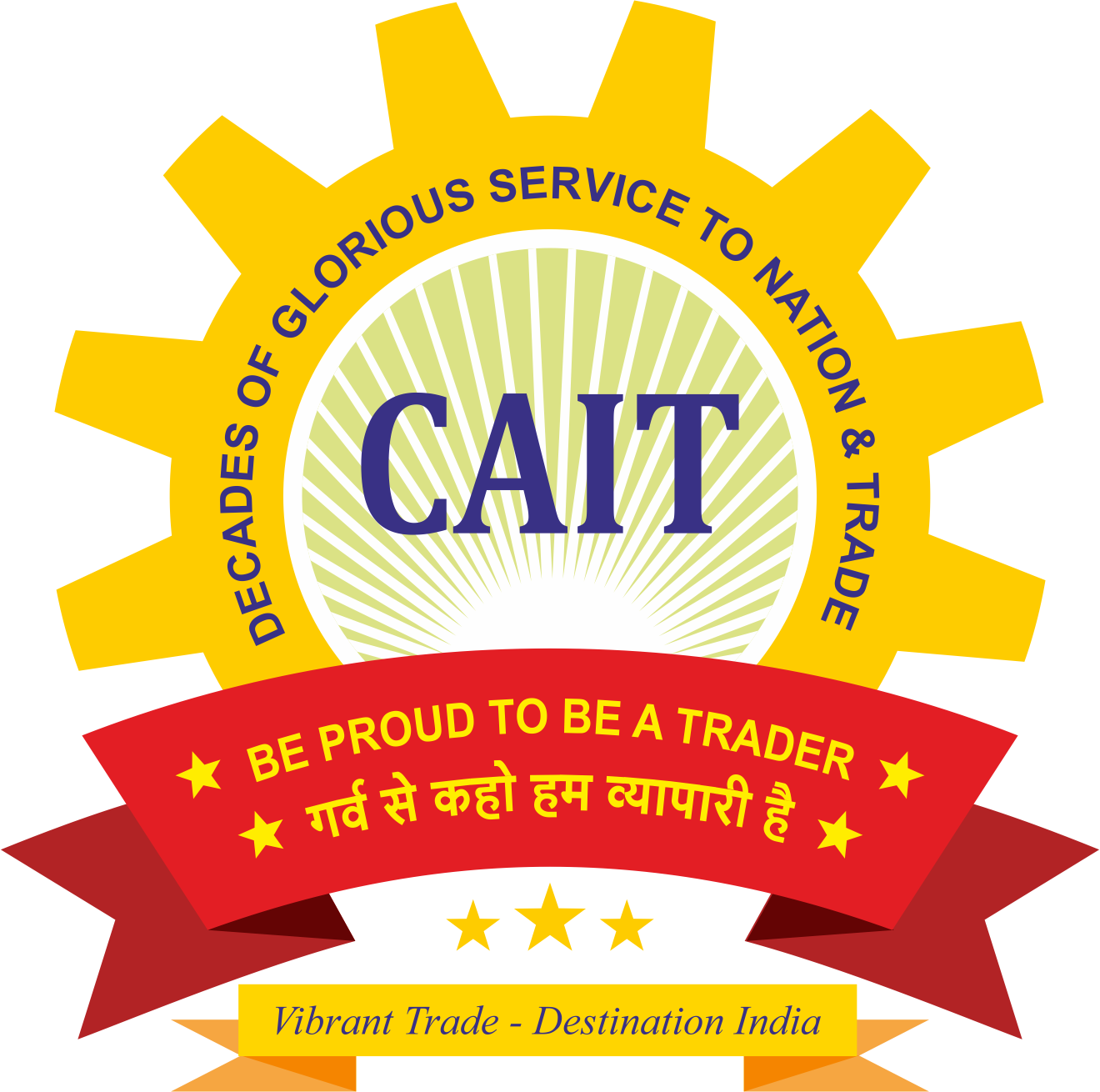
India Doesn’t Need 10-Minute Delivery — It’s Inhuman and Unsustainable
The emergence of 10-minute delivery models in the name of “quick commerce” is raising serious concerns about the future of ethical business practices, workforce welfare, and the survival of India’s traditional retail ecosystem The obsession with 10-minute delivery in the name of convenience is not just unnecessary —it’s inhumane. India does not need this model of quick commerce that prioritizes speed over the mental and physical well-being of workers- said Mr Praveen Khandelwal, BJP MP from Delhi’s Chandni Chowk and Secretary General of the Confederation of All India Traders( CAIT).
The trade killing attitude of quick commerce and undermining human values & dignity is highly deplorable and to bring the facts in line light, the CAIT in association with All India Mobile Retailers Association ( AIMRA) and All India Consumer Products Distributors Federation ( AICPDF) is organising a national conclave in the current month on “ ugly face of quick commerce” on 22nd April at New Delhi.
Mr Khandelwal strongly argued that India does not need 10-minute deliveries when it already has a time-tested, efficient, and deeply rooted network of neighbourhood retail stores (kirana shops) that have faithfully served communities for decades. These local shops are not just convenient, but also socially and economically vital for millions of families across the country.
Mr Khandelwal said that the 10-minute delivery system not only undermines these small retailers, but also places undue mental and physical pressure on delivery workers, who are often subjected to unrealistic targets and unsafe conditions, risking their health and safety in pursuit of hyper-speed convenience.
We must question: Are we willing to trade human dignity and retail sustainability for a few minutes of speed?- ask Khandelwal.
Mr Khandelwal further said that instead of promoting unsustainable and exploitative models, efforts should be directed towards empowering local traders with digital tools, infrastructure, and fair competition. Strengthening neighbourhood retail is not only an economically sound choice but also a socially responsible one.
CAIT National President Mr B C Bhartia said that behind every lightning-fast delivery is a worker racing against the clock, risking their safety, health, and dignity. This model promotes a toxic work culture, putting immense pressure on delivery personnel, many of whom work in unsafe conditions, under stress, and often without adequate compensation or protection.
Mr Kailash Lakhyani, Chairman, All India Mobile Retailers Association ( AIMRA) said that convenience cannot come at the cost of human dignity. The government must seriously consider framing guidelines or regulations to curb exploitative practices in quick commerce, ensuring that worker rights and humane working conditions are non-negotiable.
Mr Dhairysheel Patil, President, All India Consumer Durables Federation( AICPDF) said that India’s future lies not in rushed deliveries, but in inclusive growth, ethical innovation, and supporting those who have always been the backbone of our economy — our small traders and retailers.
India needs sustainable, ethical commerce — not reckless speed – said Mr Khandelwal
Recent Latest News
- लालकिले की दुर्घटना में घायल लोगों से आज एलएनजेपी अस्पताल में की मुलाक़ात
- MP Praveen Khandelwal visits LNJP Hospital to meet Injured victims of Red Fort Incident
- राष्ट्रऋषि दत्तोपंत ठेंगड़ी जी की 105वीं जयंती पर स्वदेशी संकल्प के साथ श्रद्धांजलि कार्यक्रम आज दिल्ली में हुआ
- On the 105th birth anniversary of Rashtrarishi Dattopant Thengadi Ji, a Swadeshi pledge ceremony held in Delhi
- सांसद खंडेलवाल ने केंद्रीय मंत्री अश्विनी वैष्णव से की राष्ट्रीय साइबर सुरक्षा प्रमाणन परिषद बनाने की मांग — सुरक्षित और तकनीकी रूप से सशक्त भारत की दिशा में एक निर्णायक कदम

